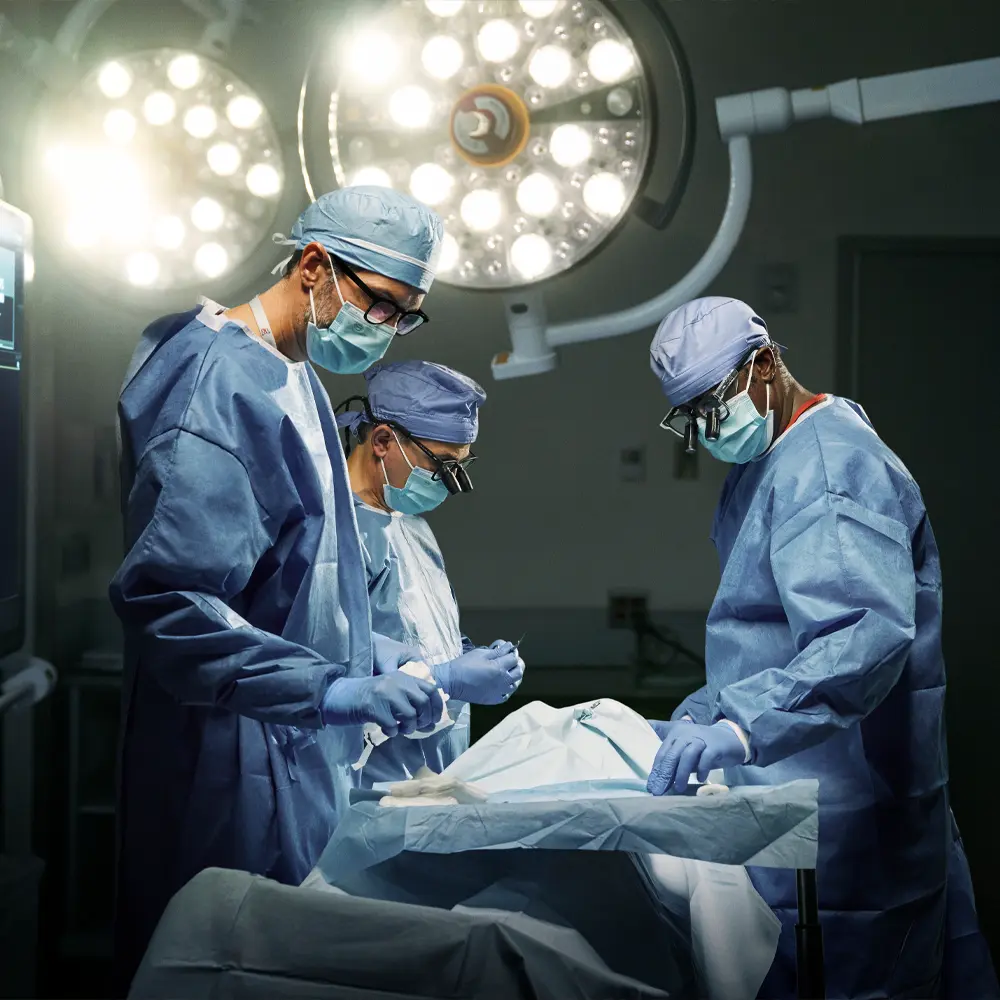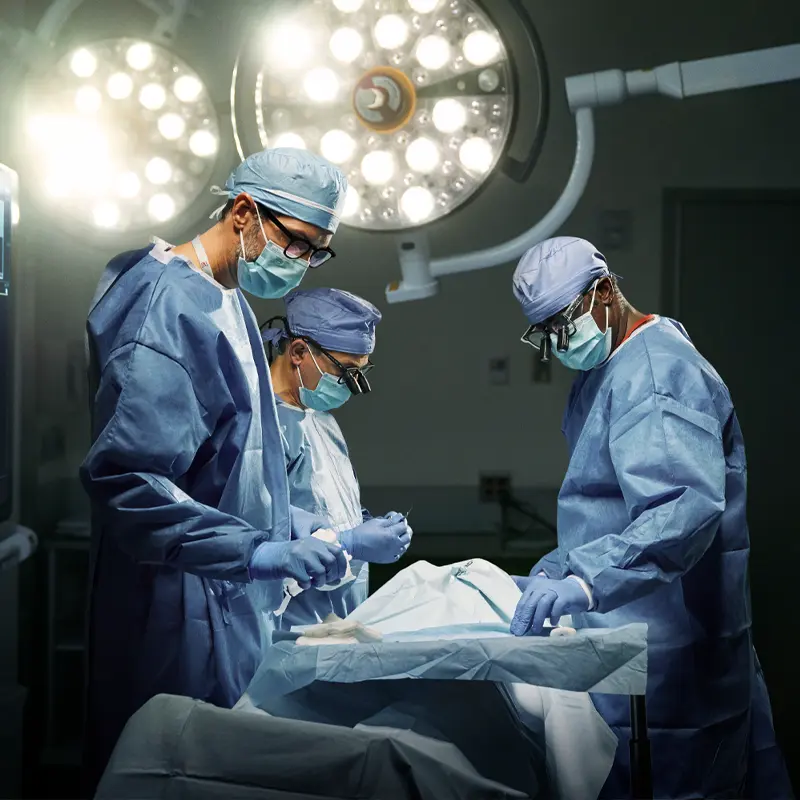Uterine fibroids are the most common tumors of the female reproductive system. Fibroids – also called uterine myomas, leiomyomas, or fibromas – are benign growths that develop from smooth muscle cells and fibrous connective tissue either just beneath the outer surface of the uterus, or within the uterine wall. While estrogen and progesterone are involved in fibroid growth, the mechanism by which they develop is not fully understood.
Fibroids may be as small as a pea and as large as a grapefruit. As many as 50 percent of women develop uterine fibroids at some point in their lives. Because fibroids may not produce symptoms, however, many women are unaware that they have them. Women in the 30s and 40s have the highest risk of developing fibroids. African-American, Hispanic, and Asian women also seem to be at an increased risk, for reasons that are not understood.
At NewYork-Presbyterian, vascular specialists employ a procedure called uterine fibroid embolization (UFE) in some women. UFE cuts off the blood flow to the fibroid and spares the patient from hysterectomy (surgical removal of the uterus). To make an appointment to consult with a doctor about the UFE procedure, please call (646) 962-9179 (for NewYork-Presbyterian/Weill Cornell Medical Center) or (212) 326-8874 (for NewYork-Presbyterian/Columbia University Medical Center).





